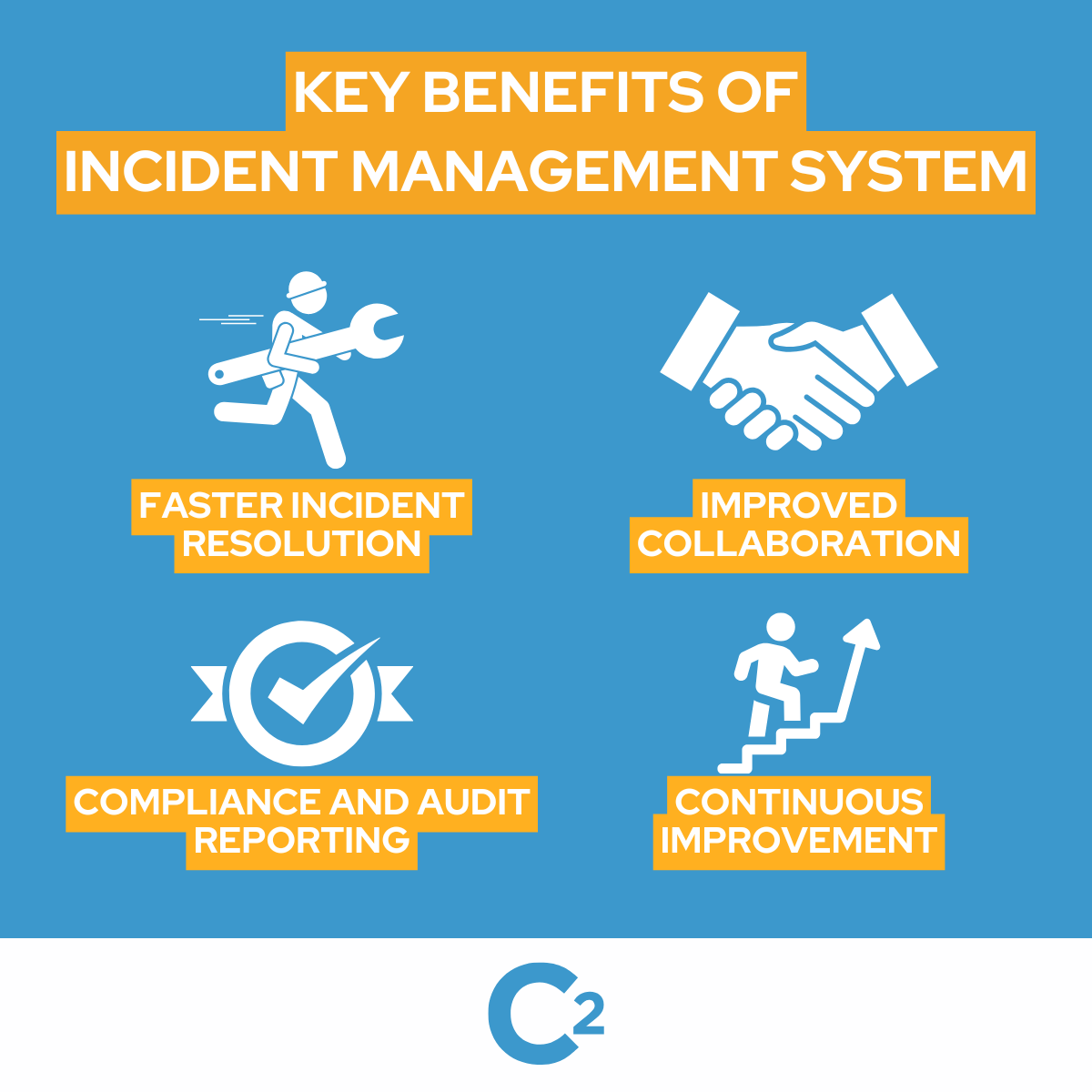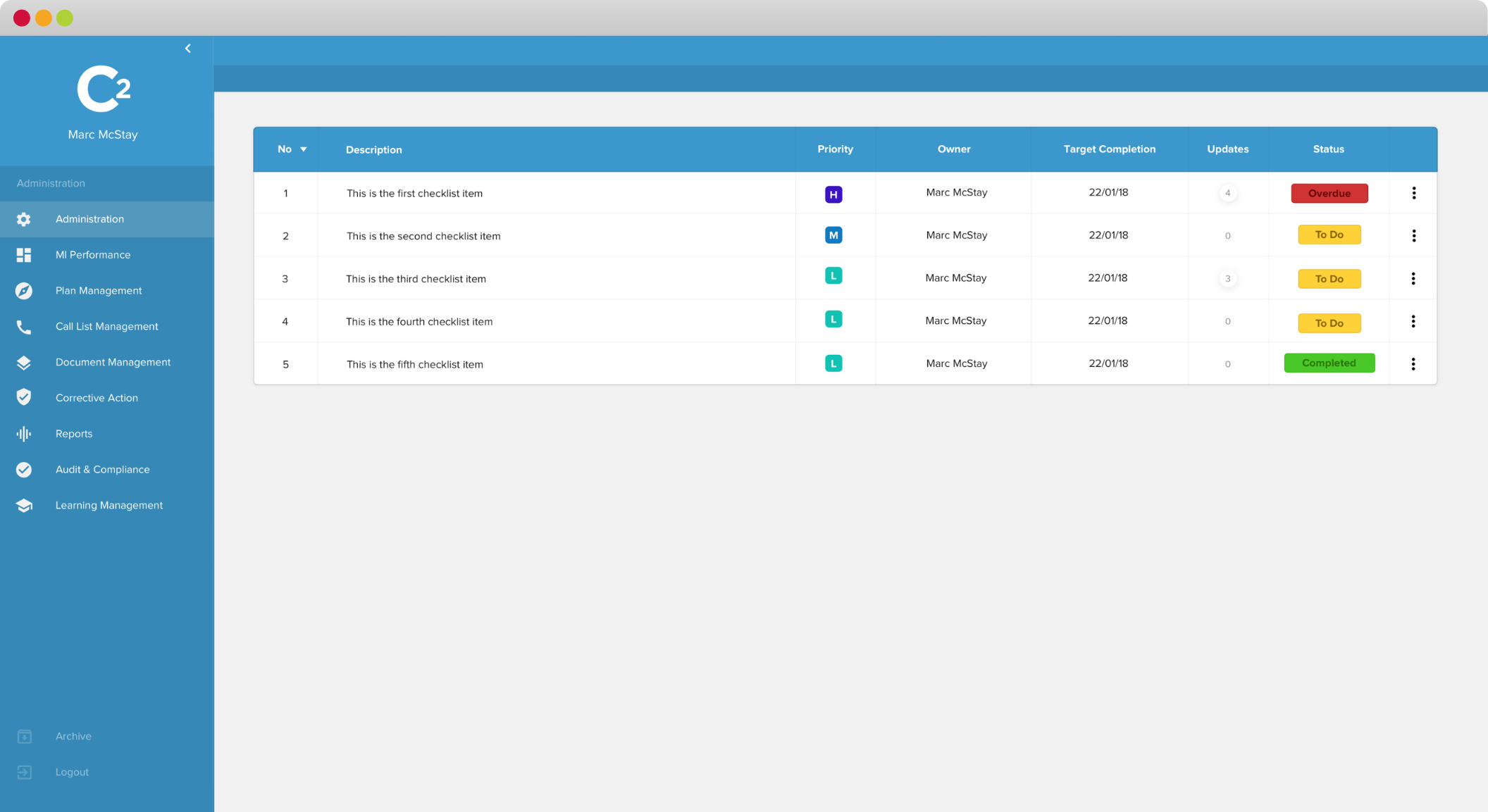Jump to a section
Incidents can strike even with the best-laid plans. Having a robust incident management process in place is only half the answer, companies also need the right software to execute the management plan and notify relevant employees and stakeholders.
Establishing normal service operations needs to be the first priority of any team. However, this can only be done if the agreed protocols can be rolled out with support from the correct program. Incident management software is key for ensuring these protocols are in place and can be followed easily and correctly.
But how do we know which software to choose? Let's take a look at the best incident management tools on the market and the benefits and solutions they can offer you.
Top 10 Incident Management Software for 2026
1. Zendesk
2. incident.io
3. opsgenie
4. BigPanda
5. Freshservice
6. PagerDuty
7. Spiceworks Help Desk
8. NinjaOne
9. AlertOPs
10. FireHydrant
What is incident management software?
Incident management software is a tool specifically designed to manage issues and provide a clear path back to normalcy. There are many scenarios where an incident could occur and even more ways to fix them. This means that staff need to agree on clear paths forward and document them well so that normalcy can be restored as soon as possible.
What is an incident?
An incident is defined as any unplanned event, disruption, or issue that impacts the normal operations within a business. A small incident might only affect a single service or process while a critical one could cause the shutdown of the entire business. Both have the potential to lead to the loss of reputation, productivity, or revenue.
Key benefits of an incident management system
Many companies think that they can get by without an incident management tool until they have that first critical issue that causes a serious meltdown. Unfortunately, this is too late. Damage has already been done to your company and its processes. A proactive approach will always be the better option, and this is what incident management software delivers. The benefits that can be gained from both a software and a documented incident management process include:

Faster incident resolution
A comprehensive incident management solution can monitor and report incidents as they occur. This then means that they can be responded to much faster. The faster incidents can be reported, the faster they can be attended to and resolved.
Compliance and audit reporting
Companies must be aware of the regulatory requirements demanded of them by regulatory bodies. The right incident management software should stay up to date with the latest changes to help companies remain compliant. Should an audit be required, data can easily be collected and analysed.
Improved collaboration
Placing all processes and information related to incident management in one centralised location eases and improves collaboration. The software can immediately notify the right people during an incident so they in turn can respond according to procedure.
Continuous improvement
Monitoring for incidents allows for this proactive approach that can stop issues before they can take root. This allows companies to continually improve their approach. Continuous improvement is necessary to stop major incidents from causing serious disruption.
Key features of incident management software
Many software with incident management capabilities should appear to offer the same set of features. Since this is a tool designed for a specific task, some key features should be present regardless of the specific software one might choose to look at. These key features include:
Real-time monitoring
Finding out about an incident after the fact will not help anyone. Real-time monitoring ensures that correction can be sent out as soon as an incident has been spotted. Even if it is the middle of the night or everyone in a specific department is out of office for a conference or training day, real-time monitoring ensures that nothing will be missed.
Automated responses
Setting up automated responses allows the system to begin to respond even before the first human eyes have seen the issue. Automated responses also allow for uniformity, meaning that protocols can be established to help ensure resolutions are quick, easy to implement, and compliant with regulatory demands.
Notifications
The response team should be able to designate who will be notified during an event, and who should be notified if the event is escalated. They should also be able to add methods for delivery such as SMS or email to ensure that the right people are notified of the incident in a way that means they won't miss it.
Root cause analysis and detailed reporting
Once the incident has been dealt with, it is of vital importance that the team takes a step back and examines what caused it in the first place. Data gleaned from the incident management software will play a vital role in this and should offer both an analysis of the root cause of the issue and a detailed timeline of steps taken to rectify it.
User interface
Many tools are only as good as their UIs. Any software needs to have a user interface which is clean and easy for anyone to use. Operations like incident management can have many different parameters. Ideally, the platform used to manage them should be easy to navigate with little training so no information is lost.
Customisation
Incident management software needs to have a high level of customisation to be an effective platform as even two businesses in the same industry may face different incidents. The nature and severity of incidents must be customisable, as should the response plans. With full customisation, a company has the freedom to respond to incidents in the way they best see fit.
Customer support
Every software platform will have its bugs. Knowing that a good customer support team is standing by to help out when things go wrong can bring peace of mind so companies know they are supported. Any queries will be solved quickly so they can go back to ensuring their own operations continue as they should.
10 best incident management software
Each of the following solutions will have its own strengths and weaknesses. Ultimately, companies need to consider what is most important to them in terms of features and benefits so they can get a platform that meets the full scope of their needs.
Let's take a look at some of the best incident management software currently available on the market.
1. Zendesk
Zendesk is a multipurpose platform and ticketing system that can be used for a variety of functions. When the service of these functions is compromised, Zendesk initiates an investigation and remedial process to discover the cause of the issue and get services back online. The system will then work to produce a full report of the incident so both customers and Zendesk engineers can improve for the future.
Zendesk also seamlessly integrates with other tools like Zoom and MailChimp. However, it cannot handle large numbers of incidents, and so may not be suited for large corporations who may face issues every day.
Zendesk customers include Lush and John Lewis Partners.
2. incident.io
incident.io is a specialised incident management portal that integrates seamlessly with platforms like Slack and Microsoft Teams to ensure that employees can be kept in a loop no matter what. The software is designed to house everything to do with incident management in one place while also creating a system that is easy for anyone to navigate and use.
The system is fully customisable and multiple automations can be set up to track and manage various workflows. Though some users do report a bit of a learning curve and a current lack of integrations, the team behind incident.io are working hard to make improvements to the software.
incident.io customers include Skyscanner and monday.com.
3. Opsgenie
Opsgenie is an on-call and alert management system from Atlassian, meaning it integrates well with other products from this brand. Critical people can be notified by the system through a range of channels when an incident occurs, from email or SMS to voice calls. If the alert is not addressed within a given time period, the system will escalate it, ensuring that attention is brought in due time.
Companies using Opsgenie include OODA Health and PicPay.
4. BigPanda
BigPanda is a full AI-powered ITOps platform designed to help companies manage all their data in one place. Their software automates key features like incident detection, investigation, and remediation to ensure that everything is monitored within one platform.
The developers claim that their median customer realises an 80% event noise reduction in the first week, leading to better responses and reduced management costs.
BigPanda is used by companies such as IHG Hotels & Resorts and Blizzard Entertainment.
5. Freshservice
Designed as an IT service management solution, Freshservice uses automation and AI to create a single unified platform. The codeless drag-and-drop automation builder makes the platform easy for all to use, while their Freddy AI Agent allows customers to search for answers and solve questions themselves no matter the time of day.
Freshservice's research does appear to look like it is pushing forward and delving deeper into the capabilities of AI at large, and therefore Freddy. This AI-centric approach may not be for everyone.
Freshservice is used by Texas A&M and AG Barr among other clients.
6. PagerDuty
PagerDuty offers a proactive incident management platform with AI support and all the automation a company needs for success. Their platform allows users to fully manage the lifecycle of any incident from its initial discovery through to receiving reports detailing what happened. Their Jeli assistant helps respond to incidents and see emerging patterns to best dictate practices in the future.
Companies that use PagerDuty include TUI and Zoom.
7. Spiceworks Help Desk
Companies that need an immediate, free tool may be interested in Spiceworks Help Desk. This cloud-based platform is free to use but is supported by ads. The platform may not be as extensive or as customisable as other paid-for options listed here, but it could work for a small business looking for a starting point.
Some of the companies currently making use of the Spiceworks Help Desk include Pure Storage Inc and uShip.
8. NinjaOne
NinjaOne is another cloud-based software that aims to simplify security and IT management. A key feature of this tool is its patch management capabilities, allowing patches to go out smoothly regardless of their endpoint. Much of their focus lies in successful endpoint management, something that could prove to be useful to companies with scattered hybrid workforces.
Companies currently using NinjaOne include Kawasaki and Nvidia.
9. AlertOPs
AlertOPs offers over 200 integrations and a default call schedule if companies don't feel the need to create their own custom one. They also offer pre-built messaging templates to send out in the event of an incident. Though they offer customisation across all areas of their service, they are a great option for companies who want a platform they can immediately implement.
AlertOPs is used by USitek and TurnKey Solutions, among other companies across various industries.
10. FireHydrant
For those searching for an all-in-one platform with incident management, on-call messaging, and more, FireHydrant could be an option. Their AI-powered incident summaries offer real-time insights into ongoing incidents. Nominated team members will be continually updated so no information is left behind as the response is rolled out. The AI can also quickly draft retrospectives to help give a full picture of the incident and inform future decision-making.
FireHydrant is used by Asana and Stack Overflow.
Gain incident management and so much more with C2
With so many options for incident tracking software on the market, it can be tempting to look for one that simply does the job and call it a day. However, by looking at full business continuity management software, your incident response team can have more information at their fingertips than they could ever hope to with a tool designed purely for incident management.
C2's Meridian BCMS is a single platform to help companies plan for resilience, manage incidents, and build operations in place to help plan for uncertainty. Being able to respond in the moment isn't enough.

Our incident management module will notify relevant people and put a response plan into action to help minimise damage, supporting two-way SMS, voice messaging, email, and conference calls to ensure all stakeholders are promptly informed and can respond in real time.
Our software can also facilitate conducting conduct business impact analysis and risk tests to determine what future incidents might look like and how they could affect your company.
Incident management software is necessary for maintaining operation health and ensuring that the incident lifecycle is as short as possible, but it alone is not enough. A full suite of software like that offered by C2's Meridian is a more comprehensive solution that can help your company build an actionable long-term risk and compliance strategy.
Build your resilience today
Don't make the mistake of leaving your incident management strategy until after your first major event; it could have a serious effect on your reputation or contracts that takes a long time to overcome. Instead, find a platform that supports the incident management processes you need to face and mitigate whatever might come your way.
Let C2's Meridian be your partner in ensuring compliance with regulations, determining risk, and fostering business continuity and operational resilience no matter what might come your way. Book a demo today to find out more.
Written by Donna Maclellan
Lead Risk and Resilience Analyst at Continuity2
With a first-class honours degree in Risk Management from Glasgow Caledonian University, Donna has adopted a proactive approach to problem-solving to help safeguard clients' best interests for over 5 years. From identifying potential risks to implementing appropriate management measures, Donna ensures clients can recover and thrive in the face of challenges.


Written by Donna Maclellan
Lead Risk and Resilience Analyst at Continuity2
With a first-class honours degree in Risk Management from Glasgow Caledonian University, Donna has adopted a proactive approach to problem-solving to help safeguard clients' best interests for over 5 years. From identifying potential risks to implementing appropriate management measures, Donna ensures clients can recover and thrive in the face of challenges.